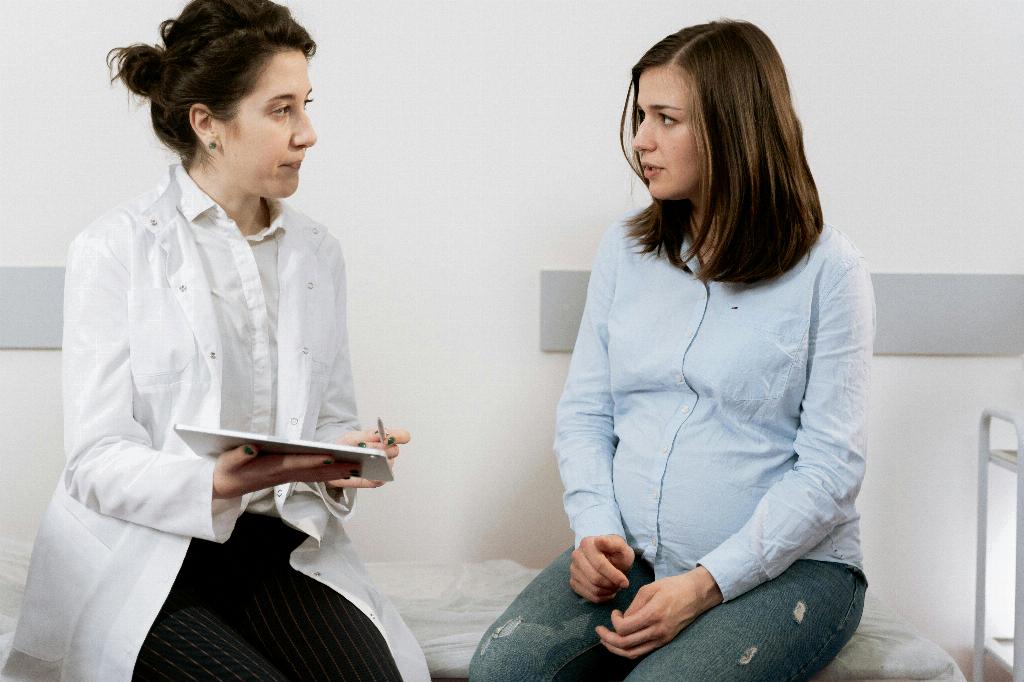If you are wondering about the ideal timing to take a dollar store pregnancy test, it is important to consider a few key factors. One of the most crucial aspects to keep in mind is the accuracy of the test results. While dollar store pregnancy tests are known to be quite reliable, the timing of when you take the test can greatly impact its effectiveness.
Reasons for Waiting
Many experts recommend waiting until after your missed period to take a pregnancy test for optimal accuracy. This is because pregnancy tests work by detecting a hormone called human chorionic gonadotropin (hCG), which is produced during pregnancy. When you take a test too early, the levels of hCG may not be high enough to be detected, leading to a potential false negative result.
Early Testing Considerations
While it’s generally advisable to wait until after your missed period to take a pregnancy test, some dollar store tests claim to provide accurate results up to five days before your expected period. However, it’s essential to keep in mind that these early testing kits may not be as sensitive as the ones used after a missed period.
Factors to Keep in Mind
Several factors can influence the accuracy of a dollar store pregnancy test, including the time of day you take the test, the concentration of your urine, and how well you follow the instructions. To ensure the most reliable results, it’s recommended to take the test with the first urine of the day, as it is thought to contain the highest levels of hCG.
Understanding False Negative Results
It’s important to be aware that even if you receive a negative result on a pregnancy test, it’s still possible that you could be pregnant. Factors such as taking the test too early, diluting the urine sample with excessive fluids, or improper test execution can lead to false negative results.
Potential Risks of Early Testing
While the allure of early pregnancy testing can be tempting, it’s essential to be mindful of the emotions that can arise from receiving an inaccurate result. False negatives can cause unnecessary stress and anxiety, leading to frustration and confusion in your journey to conceive or avoid pregnancy.
Consulting Healthcare Professionals
If you are unsure about the best time to take a dollar store pregnancy test or have concerns about the results you received, it’s always a good idea to consult with a healthcare provider. They can offer guidance on when to test, what to expect from the results, and provide support throughout the process.
Considerations for Accuracy
For those who are eager to take a pregnancy test as soon as possible, it’s important to keep in mind that the accuracy of the results can vary depending on when you test. Waiting until after your missed period can increase the likelihood of obtaining a reliable outcome and reduce the chances of false negatives.
Importance of Patience
While waiting to take a pregnancy test can be challenging, exercising patience and understanding the limitations of early testing can lead to more accurate results. Taking the test at the right time can help alleviate unnecessary stress and provide clarity in your journey towards parenthood.
Conclusion
In conclusion, the ideal time to take a dollar store pregnancy test is typically after your missed period to ensure the highest level of accuracy. While early testing options exist, it’s essential to weigh the risks of potential false negatives and the emotional impact of receiving misleading results. By consulting healthcare professionals and practicing patience, you can navigate the process of pregnancy testing with confidence and clarity.

